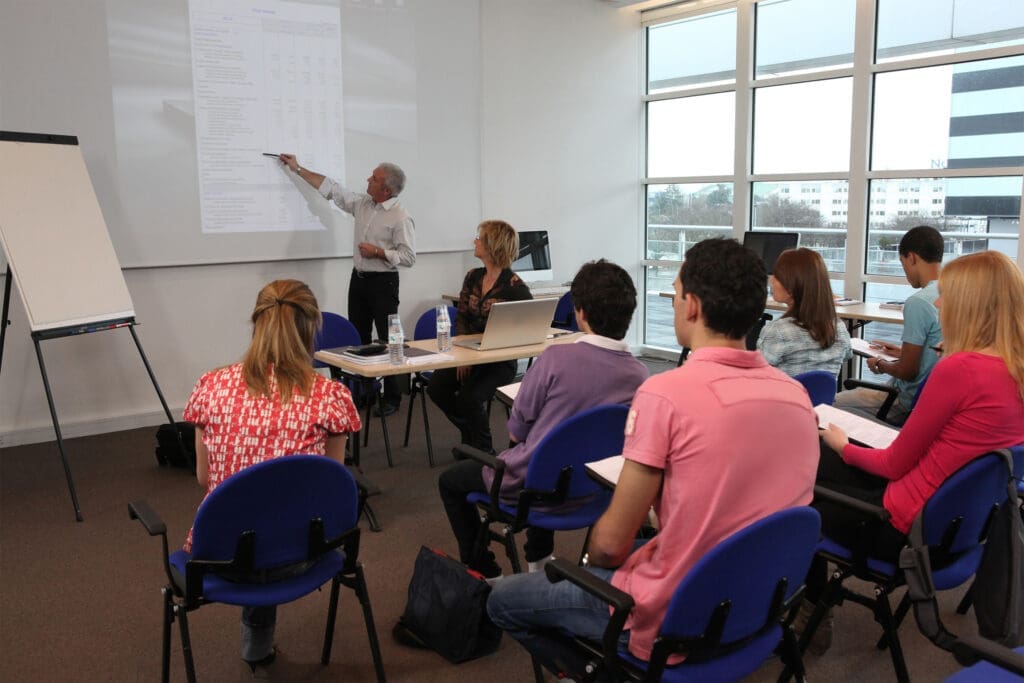Welcome to the July 2025 edition of ECS’s newsletter. We bring you an interesting aspect of the grant writing process each month. This edition of The Grant Writer will help you with an essential element of successful grant writing: developing an abstract/executive summary.
Think of grant writing as a process with generally accepted steps or procedures. I say “generally accepted” because there is no single way of obtaining a grant, yet most grant writers utilize standard practices or approaches.
Abstract/Executive Summary: The abstract gives the reviewer a good picture or description of the proposed project and explains the purpose and intended outcome(s). It should be clear, concise, and catchy. The abstract should be no longer than one page. If you have done a good job, after reading the abstract, the reviewer will have a clear idea of the need for the project, how you will address it, and the benefits derived from it. The abstract should be written after the grant proposal has been developed.
As with the cover letter, after you write your abstract, put it aside for two or three days, then reread it. A common mistake I see in abstracts is a lack of clarity. You should not have to study the entire proposal to understand the abstract. Write the abstract as though it is the only description of your program that the funder will read. Be creative in developing this vital grant component. Think of it this way: When someone (the funding office/grant reviewer) reads your abstract, will he want to fund your project? Does it say what you want it to say? Have a colleague read your abstract. Is it clear? Is it concise? Does it catch her interest? This is a crucial part of your grant proposal. Spend appropriate time on your abstract and your cover letter. The payoff will be well worth your effort. The abstract is a critical part of your proposal.
Until next month Dr. B. Sliger and team : )




